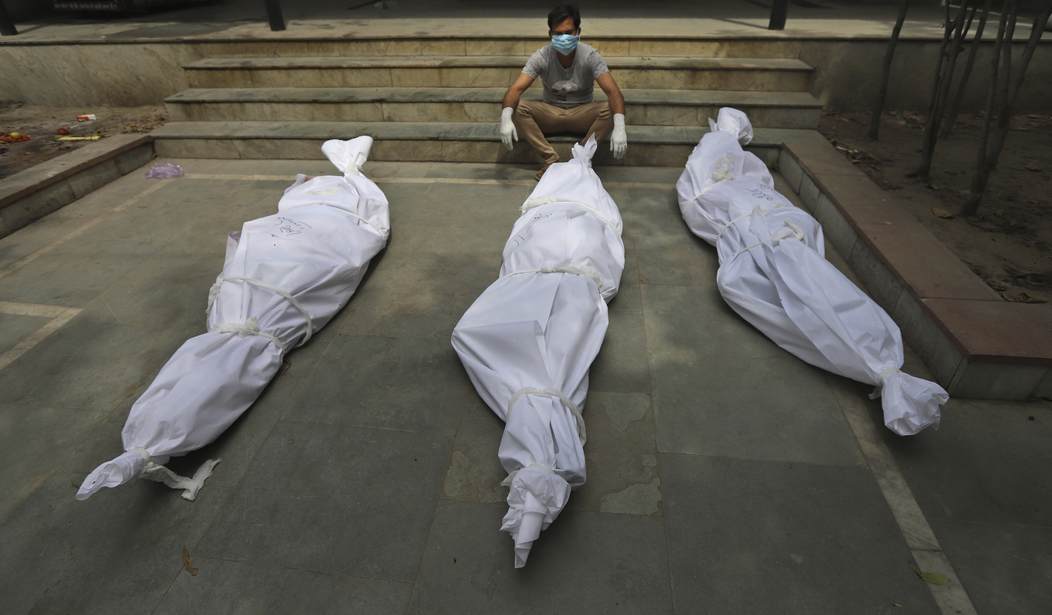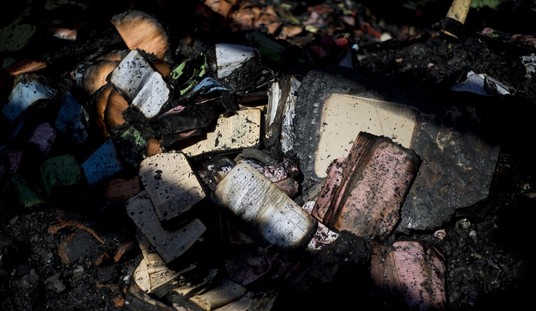The World Health Organization has declared the B 1.617 coronavirus variant in India a “variant of concern” because it appears to be more easily transmitted than other variants and has now spread to 30 countries.
Declaring the B.1.617 a variant of concern will further isolate India, making travel and the movement of goods much harder. In the midst of the worst virus surge in the world so far, India desperately needs aid from the outside world to get control of the pandemic. That effort will be complicated by the WHO declaration.
As far as can be determined, preliminary studies show that current vaccines are still effective against the variant although “there is some reduced neutralization,” said WHO technical lead Maria Van Kerkhove.
“What we know now [is] that the vaccines work, the diagnostics work, the same treatment used for the regular virus work,” Dr. Swaminathan said at the press conference. “There’s no need to change any of those and in fact people should go ahead and get whatever vaccine is available to them.”
One of the lead authors of the study awaiting peer review, Ravindra Gupta, said some lab studies have suggested that key mutations B.1.617 carries might help it spread to some people who have had Covid-19 before or been vaccinated. If that turns out to be the case, vaccines should still protect people against severe cases of the disease, he said. “On the individual level vaccination is still fantastic,” said Mr. Gupta, a professor of clinical microbiology at the University of Cambridge.
Labs in India have been working overtime to sequence the variant and look to discover newer variants so that the world can stay on top of this ever-mutating virus.
Ten laboratories in India are working on the sequencing, with a combined capacity of processing 1,000 samples a day. “The labs have done a fantastic job to rise to the challenge,” said Shahid Jameel, a virologist who is head of the scientific advisory committee for India’s national sequencing effort.
But the surge has made it harder for the labs to do the sequencing work. Many of the staff are sick, caring for sick family members or quarantining because of possible exposure. Lockdowns are making it harder for staff to get to laboratories. Supplies such as reagents needed for sequencing work are in short supply, while getting the samples from India’s states is a logistical challenge, scientists said.
For its part, the CDC still classifies the B.1.617 variant as a “variant of interest,” although the Center usually follows the lead of the WHO and is expected to name the variant a “variant of concern” soon. There has been only one instance of the variant being discovered in the United States so far — an infection in Florida. But given the speed with which the other variants from South Africa, Brazil, and the UK have raced through the United States, it’s likely that more cases will be showing up before too long.
The speed with which the coronavirus variants are traveling around the world is astonishing. Even with most travel to India banned and many countries banning passenger jet service from India, the coronavirus has managed to infect people in 30 countries in a very short period of time.










Join the conversation as a VIP Member